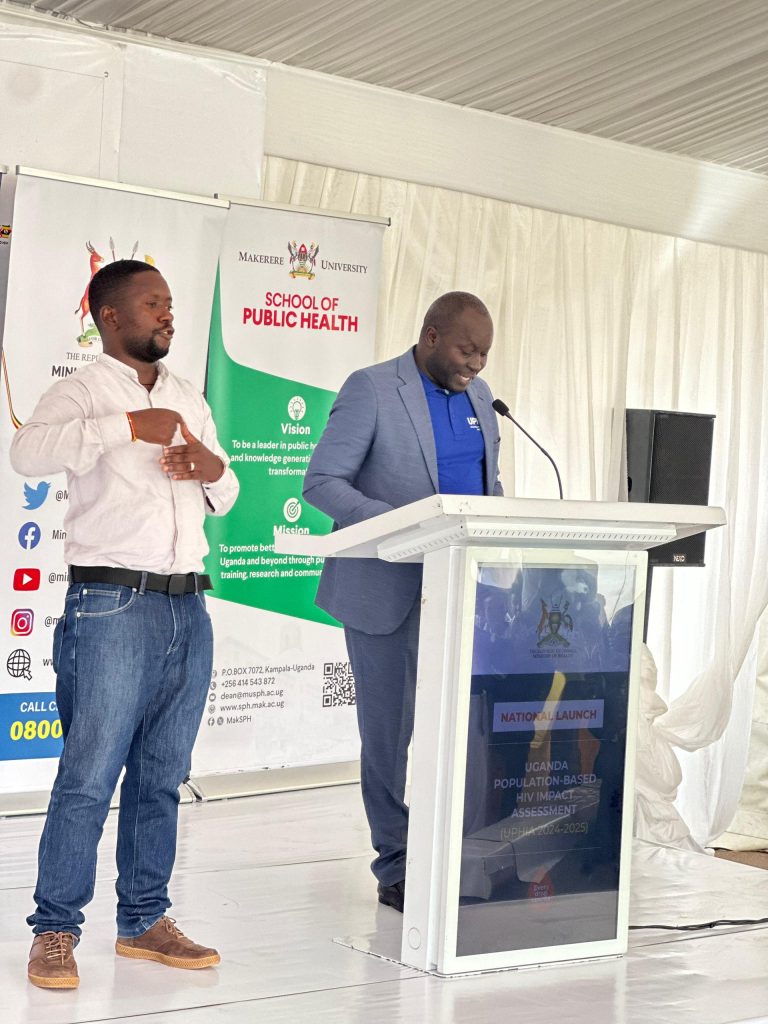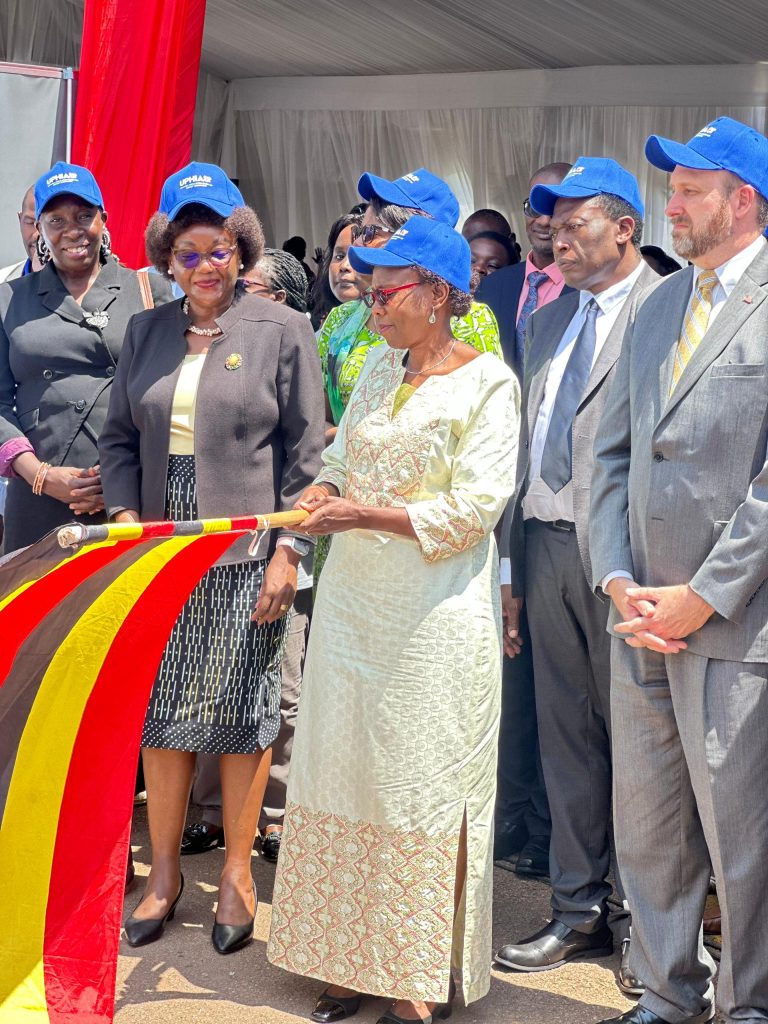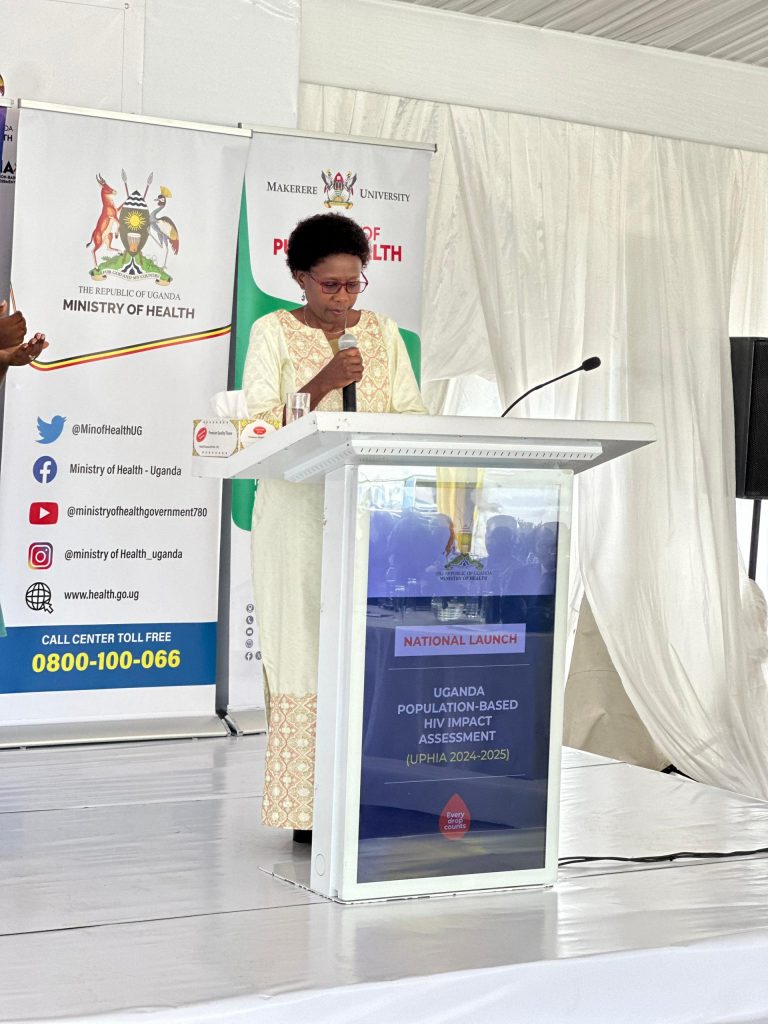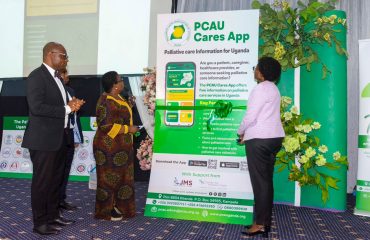



The Government of Uganda has officially launched the Uganda Population-based HIV Impact Assessment (UPHIA) 2024–2025 survey, a landmark national initiative aimed at accelerating the country’s progress towards eliminating HIV as a public health threat by 2030.
The survey, set to begin in early 2025 after an extensive period of preparation, marks a critical moment in Uganda’s HIV response and is expected to provide vital, nationally representative data to inform policy and strengthen HIV programming.
Speaking at the launch, officials underscored the significance of the survey, describing it as more than a routine data-gathering exercise. “This is a moment where national resolve meets renewed momentum,” said a statement from the Ministry of Health. “It is a testament to Uganda’s resilience, commitment, and strategic foresight in combating HIV.”
Uganda has made remarkable strides in its HIV response over the past decade. National adult HIV prevalence has dropped from 7.2% in 2010 to 5.1%, with even more significant reductions among men and women. Prevalence among women declined from 8.5% to 6.6%, while among men it fell from 5.8% to 3.0%.
AIDS-related deaths have also plummeted by 62%, from 53,000 in 2010 to 20,000 in 2023. Mortality among women aged 15 and above has fallen by 66%, and deaths among children under 15 have dropped by 77%. Health experts attribute these gains to the expanded availability of HIV testing, treatment, and prevention services, as well as the steadfast efforts of health workers, civil society, and development partners.
Despite this progress, key challenges persist. An estimated 120,000 people living with HIV remain unaware of their status and are not enrolled in care. Young women and adolescent girls continue to bear the brunt of new infections, accounting for over one-third of all new adult HIV cases. Additionally, men are consistently underrepresented in HIV testing, treatment enrolment, and viral suppression outcomes.
“These figures are not just statistics,” said Dr Robert Mutumba of the Ministry’s AIDS Control Programme. “They reflect the lives of real Ugandans being left behind. This survey will help us identify where the gaps are and how best to close them.”
The 2024–2025 UPHIA survey will be the most comprehensive of its kind in Uganda’s history. It will collect data on HIV prevalence, incidence, and viral suppression, and for the first time, will include screening for non-communicable diseases (NCDs) such as high blood pressure and blood glucose levels among people living with HIV.
Additionally, the survey will incorporate a post-survey qualitative component to capture the lived experiences of people who are not virally suppressed providing policymakers with richer, people-centred insights.
A special focus has been placed on reaching underserved populations that are often missed by routine health services, including domestic workers, bartenders, shopkeepers, mechanics, and out-of-school adolescents. According to Dr Mutumba, these groups are frequently overlooked, yet face heightened vulnerability to HIV infection and lack consistent access to care.
The Ministry of Health, with technical support from institutions such as the Uganda Bureau of Statistics (UBOS), the Uganda Virus Research Institute (UVRI), Makerere University School of Public Health, and the U.S. Centers for Disease Control and Prevention (CDC), will deploy field teams to survey over 14,000 participants aged 15 years and above.
The teams will conduct door-to-door visits, offering home-based HIV testing, NCD screening, and immediate feedback of results. Where needed, participants will be referred for further medical care. All survey materials have been translated into local languages to ensure cultural sensitivity and accessibility.
As part of its commitment to inclusivity, the survey will also conduct interviews with adolescents aged 10 to 14 in Mid-Northern and Mid-Eastern Uganda—regions that previously recorded lower rates of viral suppression.
Community engagement has already begun, spearheaded by local leaders, civil society groups, and health workers. The survey is being funded through the U.S. President’s Emergency Plan for AIDS Relief (PEPFAR), with logistical and technical support from national and international partners.
Dr Jane Ruth Aceng, Minister of Health, reaffirmed the government’s dedication to an integrated, person-centred approach to HIV and chronic disease care. “The findings from this survey will enable us to refine how HIV services are delivered—ensuring they are integrated into primary health care, efficient, sustainable, and truly centred around the person,” she said.
As Uganda races toward the 2030 target to end HIV as a public health threat, the UPHIA 2024–2025 survey is seen as a defining pillar of the country’s final push. It will not only reveal where Uganda stands but will also provide a strategic compass for its future direction.
“With strong partnerships, accurate data, and an unrelenting commitment to health equity, we can and will achieve our goal,” the Ministry stated.
The results of the UPHIA 2024–2025 survey are expected to inform national and sub-national programming, ensuring that no Ugandan is left behind in the fight against HIV.



